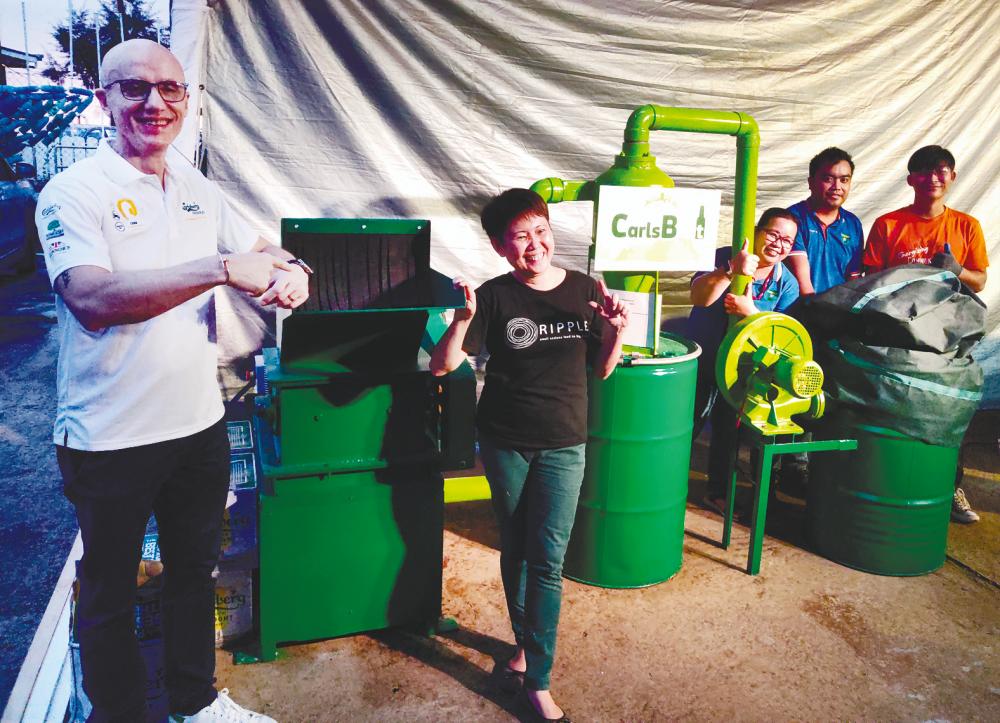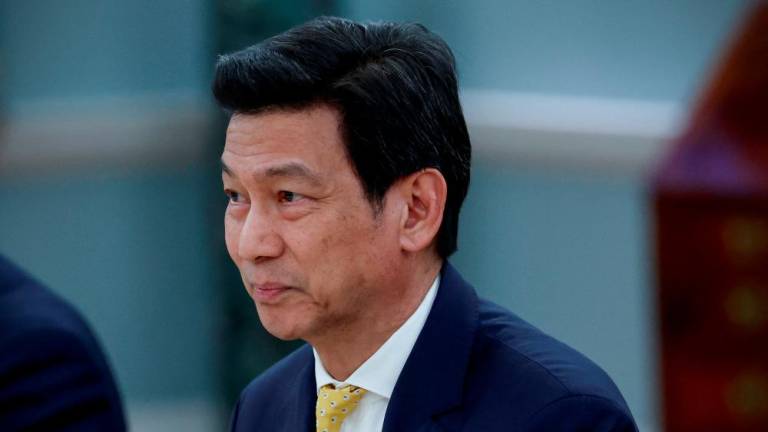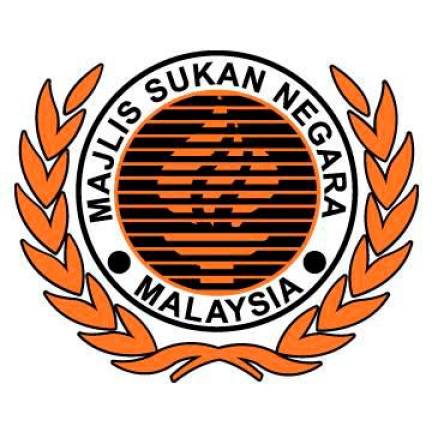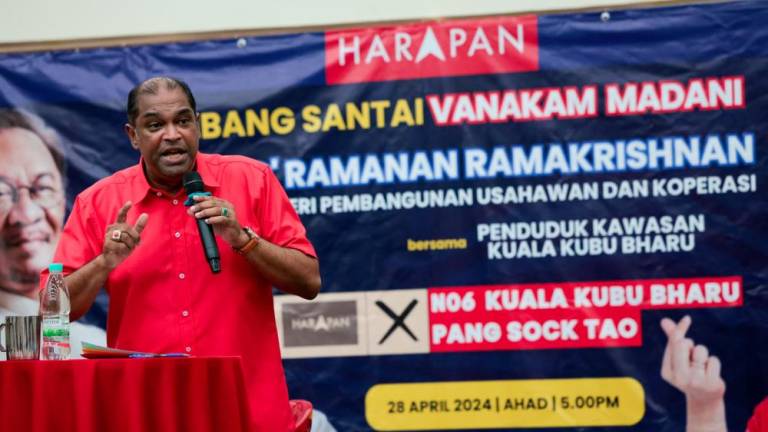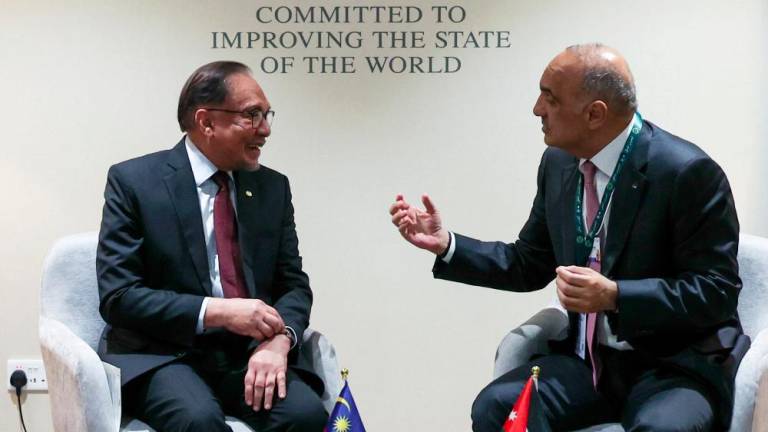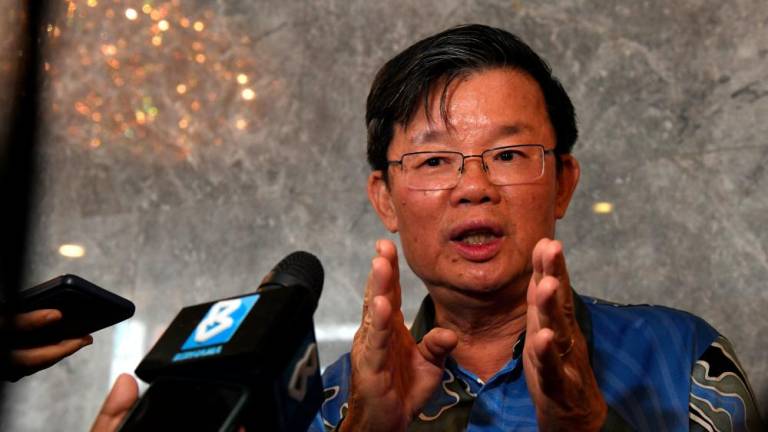KOTA KINABALU: Recycling has been a buzzword for the past few years, but making it easy and profitable for people is a different matter entirely.
This is where Carlsberg Malaysia came in. The company teamed up with Ripple, a Sabah-based recycling association, to manage its non-returnable glass bottles.
In the process, it empowered local communities here to tackle waste and generate income through its three-year pilot programme that uses a crushing machine called CarlsBot.
The crushed glass produced by CarlsBot is in the form of cullets (recycled broken or waste glass used in glass-making).
Ripple distributes the recycled material to local communities and trains them to repurpose the waste into usable materials.
The cullets can be used to pave roads or upcycled into handicrafts, furniture, 3D-printed housing components or used on the Kota Kinabalu shoreline to help with sand retention, while generating additional income for local entrepreneurs and preserving nature.
The communities are also taught entrepreneurship, innovation, marketing and sales skills as part of the programme.
The CarlsBot machine can crush approximately 600kg of glass bottles an hour, or 2,352 Carlsberg glass bottles.
The company’s managing director Stefano Clini said he was grateful to Ripple for handling its business-to-consumer glass bottle collection, while its distributors Kwong Hin (HK) Sdn Bhd and Bondestiny Sdn Bhd will handle its business-to-business glass bottle collection.
He said Project CarlsBot is on strong footing and aims to deliver a complete recycling ecosystem.
“The CarlsBot crushing machine was invented by Sabahan Adrian Lasimbang, who was inspired by other glass bottle crushers in the market, to improvise a solution to the unrecycled glass bottles that end up in landfills.
“This made-in-Sabah machine can generate income for Sabahans while reducing glass waste.”
Clini said unlike plastic and organic waste, there have not been many efforts to find ways to turn glass into products that could generate income. Hence, glass is one of the most difficult waste items to dispose in Sabah.
He said despite investments by Carlsberg Malaysia, it will not be easy to change mindsets and behaviour concerning glass bottle recycling as that will take time.
He added that upon the completion of the pilot programme in 2025, the collaboration with Ripple and his company’s distributors would have had a positive impact on the ecology and communities in Kota Kinabalu and other parts of Borneo.
Ripple chairman Tressie Yap said the NGO believes small actions can lead to big changes.
“We are excited to collaborate with Carlsberg, which provides us with funding to operate, manage and monitor the CarlsBot programme.
“It will be carried out in collaboration with our network of NGOs and social enterprises, including Tanjung Aru Marine Ecosystem Centre (Tame), Tonibung, Siung Films, Upcycled Shack, Moyog Innovation House, Pacos Trust and One Ocean Empire at the grassroots level, which will have a much larger impact on the communities in Kota Kinabalu and Sabah’s environment.”
Clini said in its first year, three CarlsBot machines will be made available in Kota Kinabalu at Tame and a community centre each in Luyang and Kingfisher.
Meanwhile, Carlsberg Malaysia recently launched its “Together Towards Zero and Beyond” ESG (environmental, social, and governance) programme, which includes a wider list of ESG priorities.
“The ESG priorities focus on achieving six ambitions, which are categorised into Zero Carbon Footprint, Zero Farming Footprint, Zero Packaging Waste, Zero Water Waste, Zero Irresponsible Drinking and Zero Accidents Culture.
“These priorities support our transformation to more sustainable business practices and reaffirm Carlsberg Malaysia’s commitment to the collective action needed in ESG areas.”



